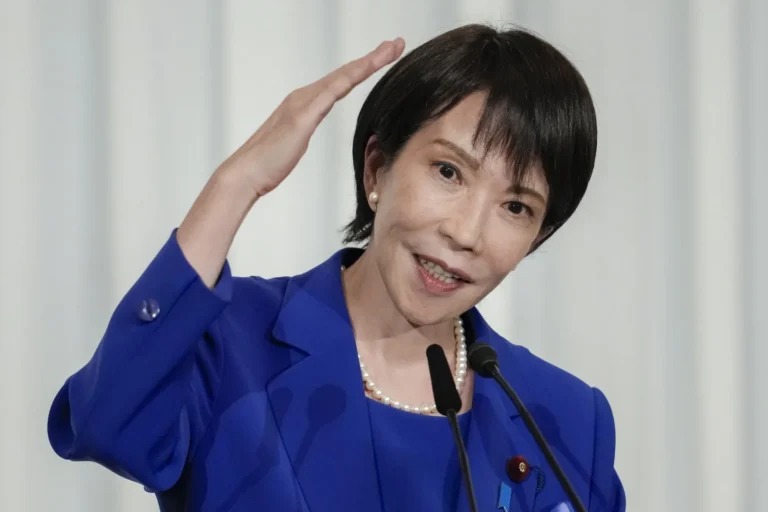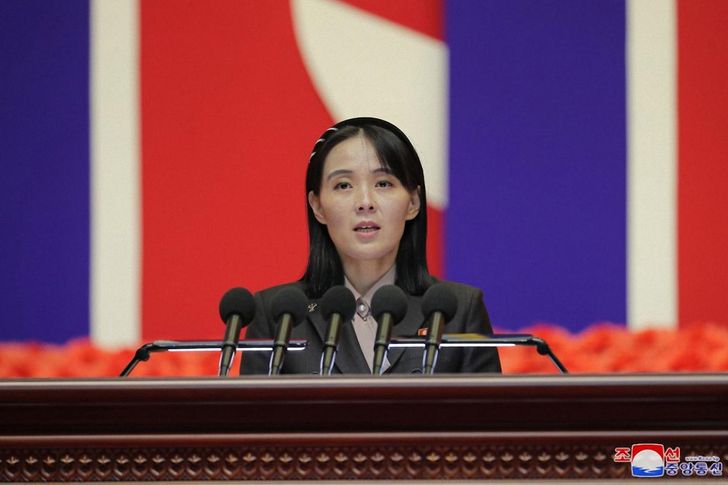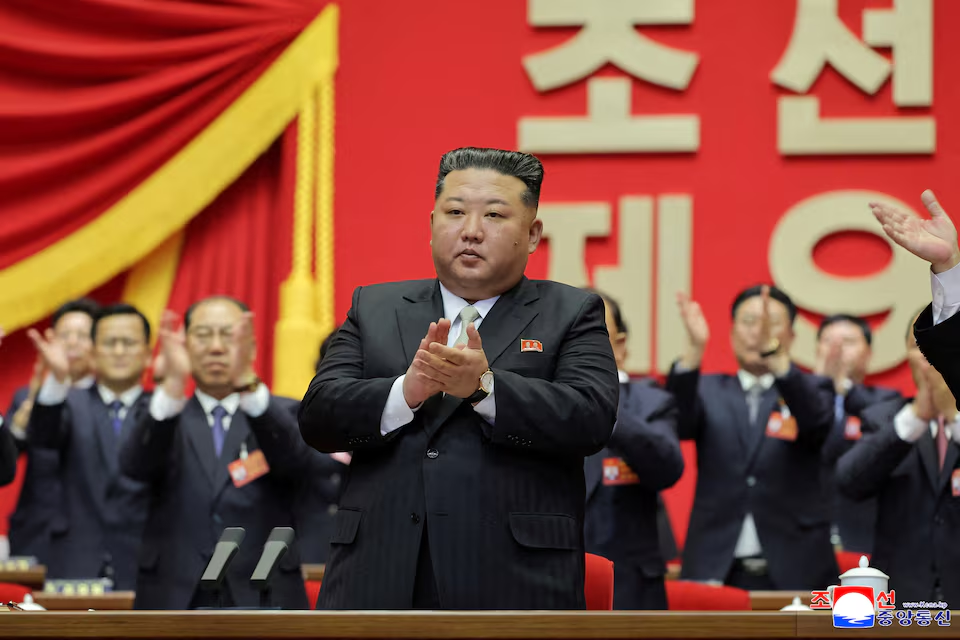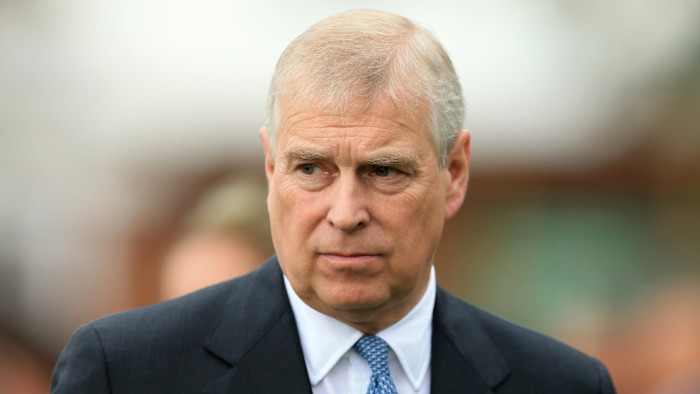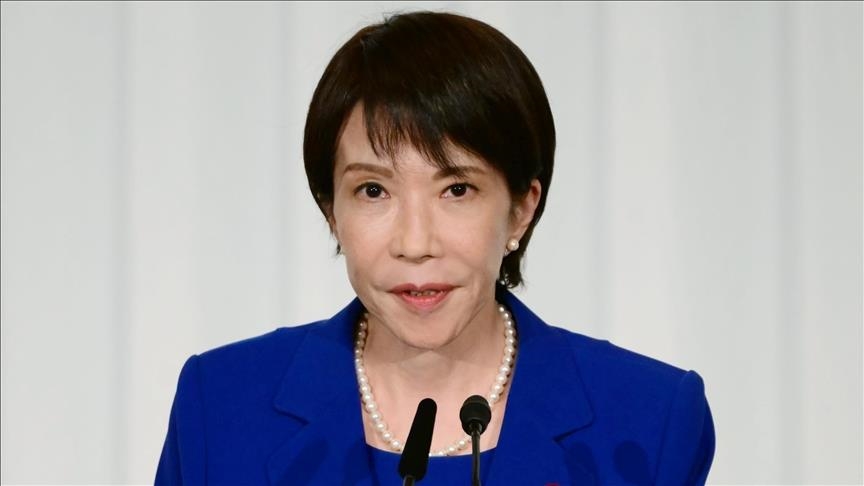Japanese Prime Minister Sanae Takaichi sleeps two hours nightly and calls aides for 3am meetings, reigniting concerns over Japan’s culture of overwork.
Japan’s New Prime Minister, Sanae Takaichi, has ignited concern over the country’s entrenched work culture after revealing she typically sleeps just two hours a night and routinely summons aides for meetings in the early hours.
The disclosure comes in the wake of public criticism over a Friday November 14, 2025 session dubbed the “3am study session” by Japanese media. The meeting, held in Tokyo only six hours before a parliamentary budget committee hearing, drew sharp backlash from both lawmakers and citizens.
Speaking at a legislative committee hearing this week, Takaichi acknowledged the extreme schedule, telling members of parliament, “I sleep about two hours now, four hours at the longest. It’s probably bad for my skin.” Her comments followed questions on how she intended to tackle Japan’s notorious long working hours, a longstanding source of concern for mental health advocates.
Read Also: Japan And US Partner To Mine Rare Earths Near Pacific Island
Japan has long struggled with overwork, with the phenomenon of karoshi — “death from overwork” — linked to rising cases of fatigue-related illness and fatalities. Experts warn that extended working hours, combined with cultural pressures to maintain productivity, are taking a toll on the country’s workforce.
Takaichi, who became Japan’s first female prime minister in October 2025, has framed her grueling schedule as part of a commitment to relentless work, saying she aims to “work, work, work, work and work.” She reportedly traveled to her official residence in the early hours after encountering a jammed fax machine at home, reviewing briefing materials before a 9am meeting.
Critics argue that her schedule sets an unrealistic standard for others. Former Prime Minister Yoshihiko Noda, now leader of the main opposition party, called the 3am session “crazy,” emphasizing that while personal dedication is commendable, it should not involve other staff. “Everyone is in bed at that time of day. It’s a very sad attitude for the top leader of the country to show,” Noda told the New York Times.
The Takaichi administration is reportedly considering raising caps on overtime, stirring debate over potential impacts on worker well-being. The Prime Minister, however, has pledged that any policy adjustments will prioritize the health of employees, emphasizing the need for balance between work, childcare, and leisure.
As Japan faces scrutiny over its demanding corporate environment, Takaichi’s early-morning approach has intensified discussions about sustainable work practices and the broader cultural norms surrounding labor in the country.

